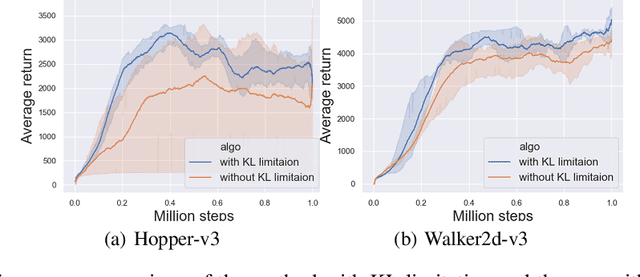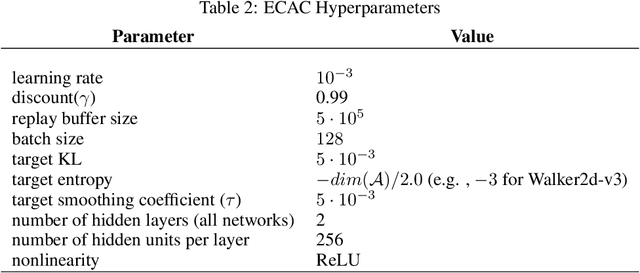Xiang Chang
From MAS to MARS: Coordination Failures and Reasoning Trade-offs in Hierarchical Multi-Agent Robotic Systems within a Healthcare Scenario
Aug 06, 2025Abstract:Multi-agent robotic systems (MARS) build upon multi-agent systems by integrating physical and task-related constraints, increasing the complexity of action execution and agent coordination. However, despite the availability of advanced multi-agent frameworks, their real-world deployment on robots remains limited, hindering the advancement of MARS research in practice. To bridge this gap, we conducted two studies to investigate performance trade-offs of hierarchical multi-agent frameworks in a simulated real-world multi-robot healthcare scenario. In Study 1, using CrewAI, we iteratively refine the system's knowledge base, to systematically identify and categorize coordination failures (e.g., tool access violations, lack of timely handling of failure reports) not resolvable by providing contextual knowledge alone. In Study 2, using AutoGen, we evaluate a redesigned bidirectional communication structure and further measure the trade-offs between reasoning and non-reasoning models operating within the same robotic team setting. Drawing from our empirical findings, we emphasize the tension between autonomy and stability and the importance of edge-case testing to improve system reliability and safety for future real-world deployment. Supplementary materials, including codes, task agent setup, trace outputs, and annotated examples of coordination failures and reasoning behaviors, are available at: https://byc-sophie.github.io/mas-to-mars/.
Error Controlled Actor-Critic
Sep 07, 2021



Abstract:On error of value function inevitably causes an overestimation phenomenon and has a negative impact on the convergence of the algorithms. To mitigate the negative effects of the approximation error, we propose Error Controlled Actor-critic which ensures confining the approximation error in value function. We present an analysis of how the approximation error can hinder the optimization process of actor-critic methods.Then, we derive an upper boundary of the approximation error of Q function approximator and find that the error can be lowered by restricting on the KL-divergence between every two consecutive policies when training the policy. The results of experiments on a range of continuous control tasks demonstrate that the proposed actor-critic algorithm apparently reduces the approximation error and significantly outperforms other model-free RL algorithms.
 Add to Chrome
Add to Chrome Add to Firefox
Add to Firefox Add to Edge
Add to Edge